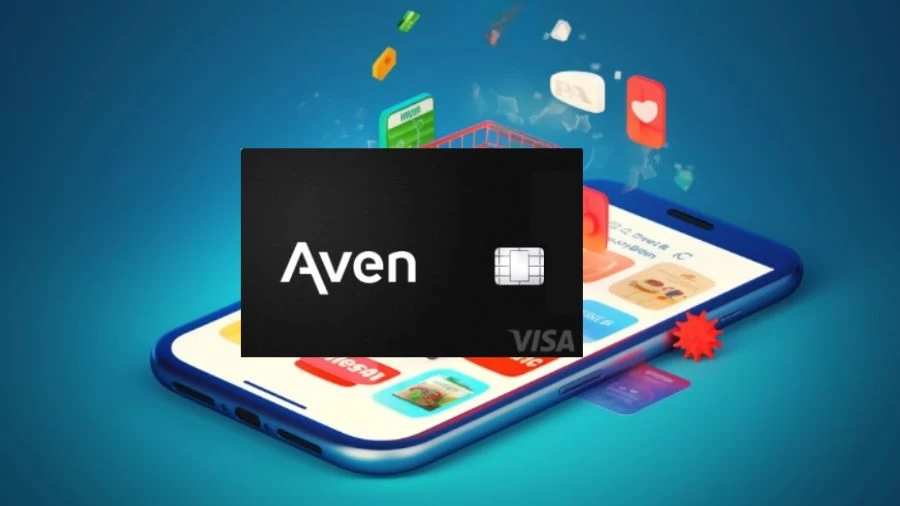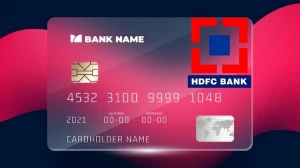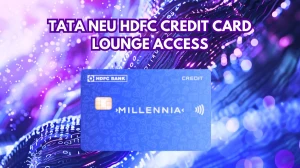
- Home »
- Credit Card »
- Aven Credit Card Review - Everything You Need To Know
Aven Credit Card Review - Everything You Need To Know
The Aven Credit Card is a unique card that requires homeownership as it is secured by home equity, offering low interest rates ranging from 7.99% to 15.49%, with a maximum APR of 18%.
Updated Oct 25, 2023
Aven Credit Card Review
The Aven Home Equity Credit Card is an unconventional card that combines various features, making it stand out in the credit card industry. It's part secured card, part home equity line of credit (HELOC), and part cash-back card, offering a unique approach to credit. This card is secured by your home's equity, which can provide a significant credit limit, but it also means putting your home at risk if you can't make payments, making it a potentially risky move that might not be suitable for all consumers.
Issued by Coastal Community Bank, the Aven credit card is among a growing category of cards that use non-cash collateral. What makes it distinctive is its reliance on home equity as collateral, which carries the potential of losing your house if you default on payments. This inherent risk is something consumers should carefully consider before deciding if the Aven Home Equity Credit Card is the right choice for them.
Home as Collateral for Your Credit Card
The Aven credit card is unique in that it requires your home to serve as collateral, making homeownership a mandatory qualification for the card. To be eligible, you must also have equity in your home, meaning its value should exceed the outstanding mortgage balance. Aven relies on automatic valuation models to assess your home's value, which is different from traditional Home Equity Lines of Credit (HELOCs that typically require a formal appraisal. The minimum credit line for the Aven card starts at $7,000.
In addition to homeownership and equity, applicants need a minimum FICO credit score of 640 (considered fair credit) and must provide proof of income, which can be verified through various means like tax documents, pay stubs, or instant bank account verification. The company places a significant emphasis on an applicant's income to ensure they can make payments, as they are not interested in cardholders defaulting.
Defaulting on the Aven card is particularly serious due to the home equity collateral, and foreclosure becomes a last resort only after a five to six-month delinquency management process. It's essential for cardholders to be fully aware of the potential consequences before obtaining the Aven credit card.
Aven Credit Card: A HELOC Alternative with Pros and Cons
The Aven credit card is positioned as a hybrid between a Home Equity Line of Credit (HELOC) and a traditional credit card, offering both advantages and disadvantages. Unlike a HELOC, which typically incurs closing costs, the Aven card doesn't charge fees, making it a more cost-effective option for accessing your home's equity.
However, the potential downside lies in the temptation to overspend when your home's value is tied to a credit card, a payment method often used for daily expenses. The Aven card's rewards program can further encourage frequent use, potentially leading to financial risks when using home equity to cover non-essential costs.
While credit card rewards can be enticing, they pale in comparison to the value of homeownership, making it crucial for individuals to weigh the convenience of the Aven card against the potential consequences of putting their homes at risk by tapping into home equity for discretionary spending.
MarketsHost presents an all-encompassing exploration of Credit Cards, offering an exclusive gateway to the realm of smart financial management and secure transactions.
Enjoy a High Rewards Rate
One standout feature of the Aven credit card is its generous rewards program. With this card, all purchases you make earn an impressive 2% cash back, which is a high flat-rate reward. Unlike some other credit cards that have restrictions, the cash back you earn with the Aven card is in the form of points, and you can redeem these points for a statement credit.
The unique aspect here is that the statement credit counts as a payment toward your statement balance and minimum payment due, making it more flexible than many other credit cards that don't treat a statement credit as an official payment.
Additionally, the points you accumulate with the Aven credit card have the advantage of never expiring, offering you more flexibility and convenience when it comes to redeeming your rewards. This high rewards rate and flexibility in redeeming points make the Aven credit card an attractive option for those who want to earn cash back on their everyday spending without being tied to specific categories or limitations.
Below-Average Interest Rates on the Aven Credit Card
The Aven Credit Card offers a substantial advantage when it comes to interest rates, as they are notably lower compared to many other credit cards. For perspective, the average annual percentage rate (APR) for credit cards that charge interest was approximately 20.68% as of May 2023. In contrast, the Aven card offers interest rates ranging from 7.99% to 15.49%, depending on the applicant's creditworthiness, as of October 2023.
What's more, Aven takes steps to provide further peace of mind by capping APRs at 18% for all cardholders, regardless of any increases in the prime interest rate. As an additional perk, new cardholders can reduce their APR by 0.25% by enrolling in auto pay, making it even more attractive for those who aim to manage their credit costs effectively.
It's important to note that while the Aven Credit Card offers competitive interest rates, you can avoid paying any interest altogether by ensuring that you pay off your credit card balances in full each month. This responsible financial practice can help you make the most of the card's benefits without incurring interest charges.
Aven Credit Card Offers Balance Transfers, but They're Not Recommended
The Aven Credit Card offers the option for balance transfers, with a 2.5% balance transfer fee, which is relatively lower compared to other cards that may charge at least 3% for the same service. However, it's essential to carefully evaluate whether this card is the best choice for consolidating your debt.
Specialized balance transfer cards, like the Citi Diamond Preferred Card, often offer 0% interest on balance transfers for an extended period, typically up to 21 months. This can result in significant savings, potentially outweighing the slightly higher transfer fee of other cards.
Additionally, it's crucial to consider the security of your debt when using the Aven card. While unsecured debt defaults can affect your credit score and lead to wage garnishment or legal action by creditors, defaulting on secured debt, as with the Aven card, can result in the loss of the asset backing the loan in this case, your home. For a more cost-effective and less risky balance transfer option, exploring specialized balance transfer credit cards may be a more prudent choice.
Aven Credit Card Review - FAQs
1. Is homeownership required to get the Aven Credit Card?
Yes, homeownership is necessary to qualify for the Aven Credit Card.
2. Are there fees associated with the Aven card for tapping into home equity?
No, the Aven card does not charge fees for accessing your home's equity.
3. What is the interest rate on the Aven Credit Card?
Interest rates on the Aven card range from 7.99% to 15.49%, depending on creditworthiness, with a cap at 18%.
4. Can I lower my Aven card's APR?
New cardholders can reduce their APR by 0.25% by enrolling in auto pay.
5. Is the Aven card suitable for balance transfers?
While it's possible, it's generally not recommended for balance transfers due to better options available with specialized balance transfer cards.




